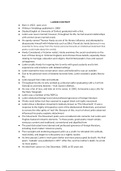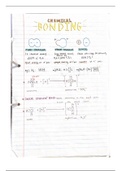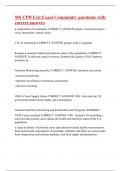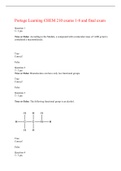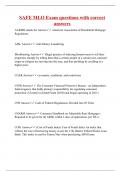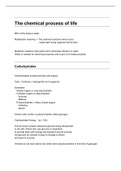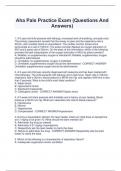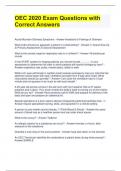Study guide
Philip Larkin and Carol Ann Duffy AO3 Context
- Module
- AS Unit 2 - Poetry Post-1900
- Institution
- WJEC
This document provides in depth context and facts about the poets Phillip Larkin and Carol Ann Duffy and their lives. It also has significant information about the time periods they lived in which can be used in contextual analysis It also includes critical quotes by named critics as well as anal...
[Show more]
